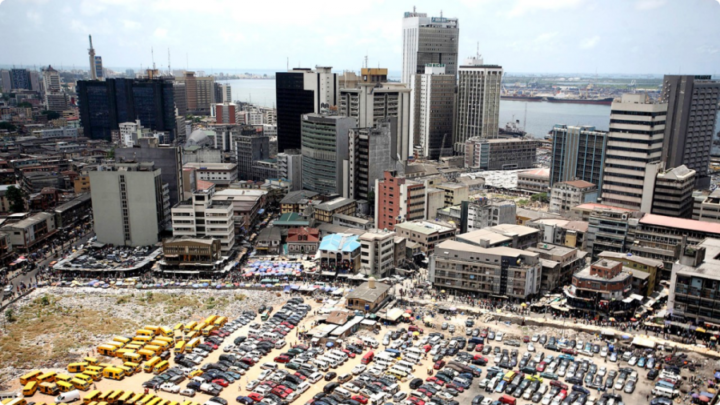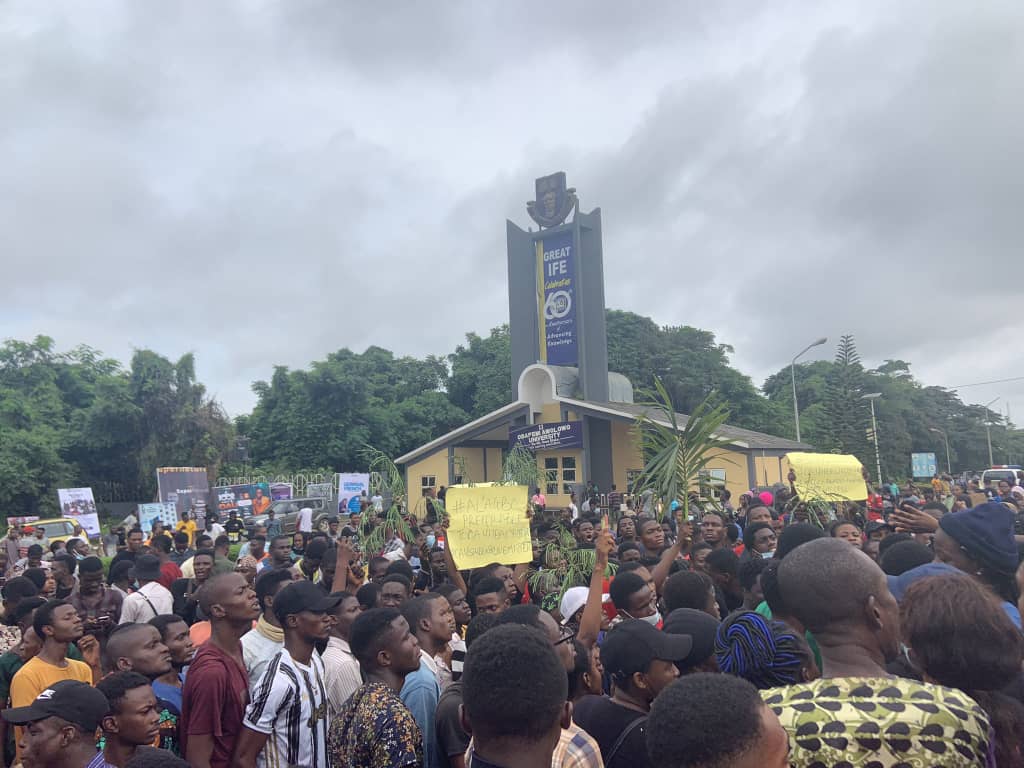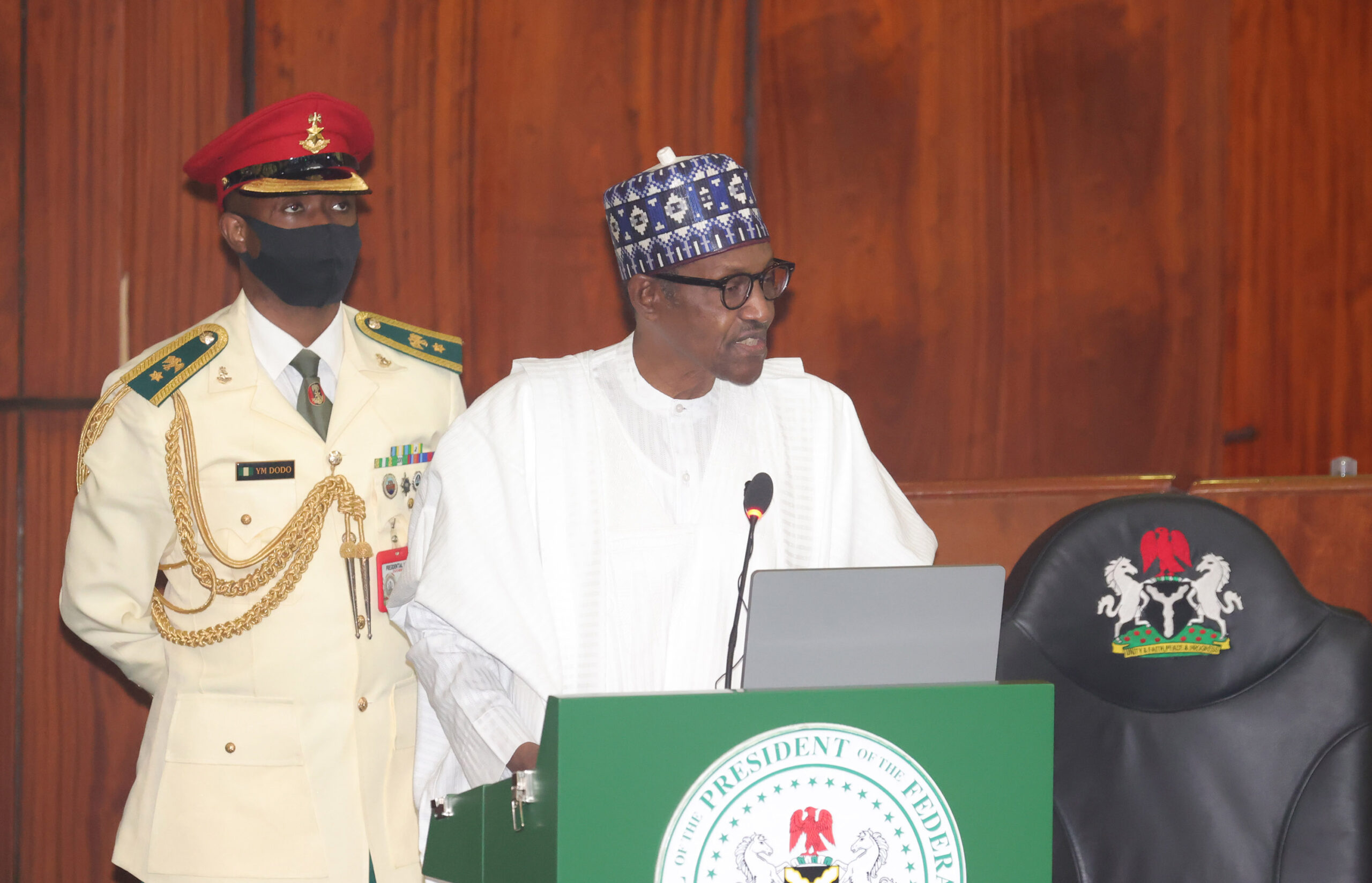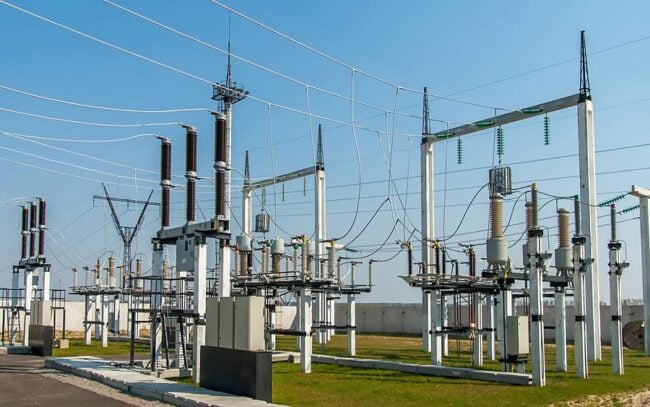The World Bank says Nigeria’s economy is expected to expand by 2.4 percent in 2021, up from 1.8 percent earlier projected by the bank this year.
In January, the Bretton Wood institution had projected a 1.1 percent growth rate for the country in 2021 after the COVID-19-induced recession in 2020.
The bank issued the fresh projection in its Africa’s Pulse report titled ‘Climate change adaption and economic transformation in Sub-Saharan Africa’.
According to World Bank, within Africa, economic recovery will be multi-speed, citing that Angola, Nigeria, and South Africa, the largest economies in the continent, are expected to emerge from the 2020 recession — but at different paces.
Advertisement
“Nigeria is expected to grow by 2.4 percent in 2021, supported by the service sector,” the report said.
“Angola is expected to grow by 0.4 percent in 2021, after five consecutive years of recession. The country is still battling to gain momentum, with elevated debt levels and the weak performance of the oil industry.
“South Africa is projected to grow by 4.6 percent in 2021, reflecting better performance in services, industry, and somewhat agriculture. The country provided stimulus to support businesses and households that were affected by the pandemic as well as by riots and lootings that mostly affected the Kwazulu-Natal and Gauteng provinces.”
Advertisement
The report further stated that “in Sub-Saharan Africa, the economy is set to expand by 3.3 percent in 2021, one percentage point higher than the forecast of the April 2021 Africa’s Pulse, with projections for 2022 and 2023 just below 4 percent”.
The bank attributed the rebound to the elevated commodity prices, relaxation of stringent measures, and recovery in global trade as commodity prices remain well above their pre-pandemic levels, with several reaching all-time highs.
The bank also warned that economic recovery in Sub-Saharan Africa remains timid and fragile as the slow pace of vaccination continues to expose the region to emerging strains of coronavirus.
“While our growth forecast is on the upper bound of the interval projected in the April 2021 Africa’s Pulse, the rebound remains weaker than growth in advanced economies and emerging markets, reflecting subdued investment in Sub-Saharan Africa,” the report added.
Advertisement
“The rebound in private consumption observed in the first half of 2021 is likely to be subdued in the second half of the year due to the third wave of COVID-19 in large economies.”
The World Bank said a faster vaccine deployment would accelerate growth to 5.1 percent in 2022 and 5.4 percent in 2023 in Sub-Saharan Africa — as containment measures are lifted faster than in the baseline, and spending increases.
Add a comment







